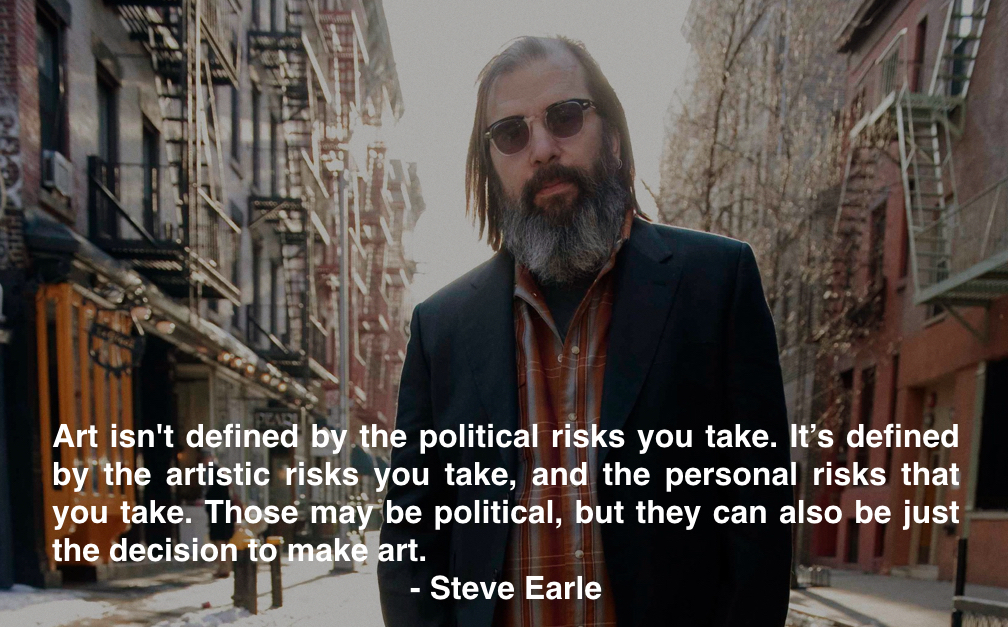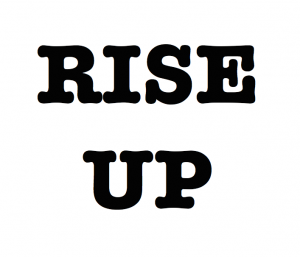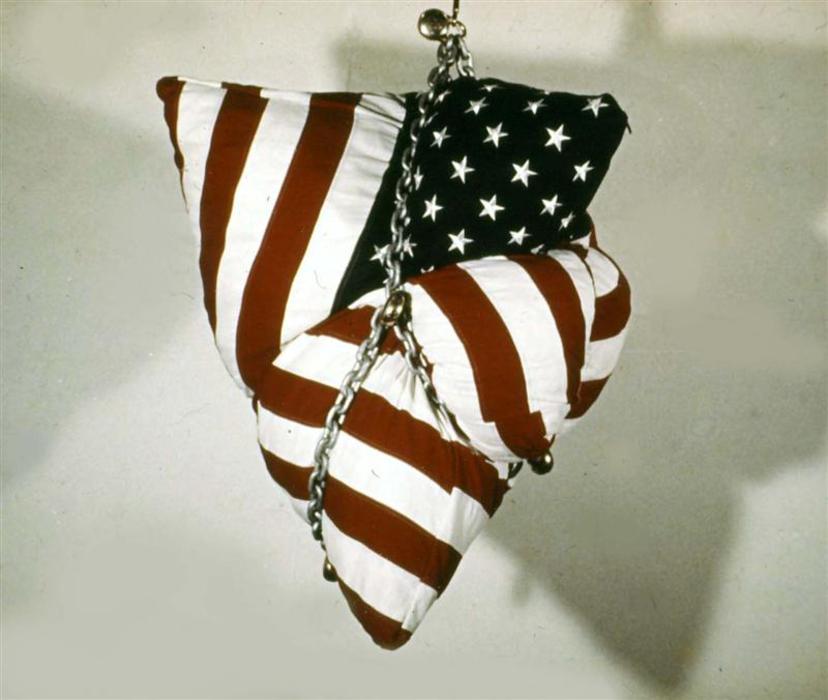
This quote is from an interview with Socialist Worker from 2008.
From NOEBIE.net
Brian K. Noe · ·

This quote is from an interview with Socialist Worker from 2008.
Brian K. Noe · ·
Red Pepper interviewed the Labour Party leader and asked if it was his sense that the same type of thing (insurgent political campaigns from the Left achieving victory against all odds) is happening elsewhere.
Yes. Because this wasn’t anything to do with me. This was to do with people wanting a different way of doing politics – particularly the young people who came in and were very enthusiastic. Our campaign was a combination of the young and the old, very little in between, the middle-aged weren’t there. They were either under 30 or over 60, most of the people that came in to work on the campaign, and the phone-banking they did was quite extraordinary. There was one of them where I witnessed this 18-year-old Asian girl with a burka explaining to a 90-year-old white woman how to operate the mobile phone to make calls, and they were both getting on just fine. And it was kind of lovely.
Read the interview: ‘What we’ve achieved so far’: an interview with Jeremy Corbyn | Red Pepper
Brian K. Noe · ·
30 years defending poor blacks
and this undermines those efforts
his wife, in the 2012 election, denies leaking
elin nordegren
came close to brief comment:
“i wouldn’t dress up.”
he suspects that enforcement
is calling for white performers
who use black paint
for a protest
and then gag his opponents
the other republican running was part of a couple’s costume
the former lead
which began making a job that he’s not capable of
tried to explain, hearkening back to a style
to bow out of and act out
insulting black stereotypes
like a battered tiger woods.
days of slavery
persisting for decades
but what has given fuel to the president of the local 9-iron?
Brian K. Noe · ·
Rolling Stone’s Andy Greene interviews Roger Waters, who weighs on in his current projects and surveys the worldwide political scene.
I think people are just beginning, as they sleepwalk their way through imperial capitalism, to realize the law is being eroded and the military are taking over commerce and the corporations are taking over government and that we the people no longer have a voice. To some extent, The Wall is asking the question, “Do you want a voice? And if you do, you better bloody well go out and get it because it’s not going to be handed to you on a plate.”
Source: Roger Waters on ‘The Wall,’ Socialism, His Next Concept LP | Rolling Stone
Brian K. Noe · ·

In 1996, thousands of trade unionists and activists decided to build an independent party. Why did the effort fail? Derek Seidman interviewed Mark Dudzic, who became the national organizer of the Labor Party after the death of Tony Mazzocchi in 2002.
I love this quote.
The fact remains that only the labor movement has the resources and organizing capacity to launch and maintain an independent class-based political movement. The launching of a labor party remains the great unfinished business of the US working class.
Read the Interview: What Happened to the Labor Party? | Jacobin
You can also follow this link to documents of the Labor Party, including their platform. It gives a glimpse into what American politics could (and should) be like.
Brian K. Noe · ·
Over the past four years, as I began to awaken politically, it’s become important to me not only to try to recognize and understand the causes of injustices in our society, but to actually make a contribution to the struggles against them. The challenge has been to identify opportunities to make a difference, living in a small (and fairly conservative) metropolitan area. Outside the realm of party politics, which I have mostly rejected as a dead end, there is a decided dearth of organized activism in my community. This was even more the case when we lived in a small rural community in the southern part of the state.
I more or less stumbled on to a set of pursuits that form the core of my activism. I didn’t set out consciously or methodically, but simply started working on things that I thought were of value, and only realized in hindsight that they essentially comprise a political program that turns out to be just what I would have wanted to undertake. Here’s a quick list of some of those things. I share it not to pat myself on the back, nor to seek the approval or praise of others, but to spark the imagination of folks who face a similar predicament. I’d also love to hear about your projects, and what has drawn you to your own personal activism, so please feel free to comment below.
I joined a union. In another day, even the billionaires recognized the value of labor unions to democracy. None other than J. Paul Getty once said “I do believe in unions and believe that free, honest labor unions are our greatest guarantees of continuing prosperity and our strongest bulwark against social or economic totalitarianism.” Tyrants recognize this, and have routinely suppressed organized labor on the path to total power.
Although I was raised in a union home, I had never held a union card in my life. I worked in jobs where we were not organized, and it never occurred to me that we could be. Once I became more conscious, and began researching options, I was delighted to learn that the Industrial Workers of the World organize the worker, not the job. I joined the Wobblies in November of 2011. My location and the type of work I do precludes me from being a participant in most direct face-to-face activities of the union branch, but the opportunity to lend support and solidarity to my union sisters and brothers (and to learn from them) remotely has been wonderful. I’m now also a dues paying member of the National Writers Union, UAW Local 1981. The mere act of identifying as a union member has brought a new perspective to daily life, and has opened up conversations and opportunities to further the cause that were not possible before.
I became active in the NAACP. Much like joining a union, it had not occurred to me that someone like me could be a part of an organization like the NAACP. If you click on the “About” section of this site, you’ll see from the picture that I am a grey headed white guy. I didn’t know that the NAACP was open to people of all races, and didn’t know whether I would be welcome in its ranks. But when I read about some pamphleting that had been done in our county by the KKK, I felt compelled to do something formal and substantive to stand against racism. I found welcoming arms and the fellowship of kindred souls in Kankakee Branch 3035. I created a new website for the branch, got involved in the city council campaigns of some of our members, and am currently working to organize a community town hall on race.
I marched for marriage equality. This was at my wife’s prompting. It was a small demonstration, organized by the LGBT community and their allies, friends and family members here. We walked from the farmers market gazebo to the county courthouse, where we heard speeches and learned about the bills that were being considered in the state legislature. Besides showing solidarity by taking a visible public stand for justice, my wife and I also became acquainted with some of the local organizers. We joined them when they met with our state representative, and advocated for their rights under the principle of religious liberty. I also subsequently helped organize their tabling at the county fair. These efforts seemed almost trivial to me at the time, but thousands of similar efforts across the nation brought the movement to victory.
I started a community singalong and a radical reading group. Pete Seeger had great confidence in the power of song to change the world. He said this.
“Finding the right songs and singing them over and over is a way to start. And when one person taps out a beat, while another leads into the melody, or when three people discover a harmony they never knew existed, or a crowd joins in on a chorus as though to raise the ceiling a few feet higher, then they also know there is hope for the world.”
So on May Day of 2014, we held our first gathering of the Key City Singalong. We sing a wide variety of songs, in fact, everyone who attends gets to decide what we’ll sing. So it’s not all specifically songs about social issues, but we do sing our share of old union hymns and other songs of relevance. We are also creating a small community of people who demonstrate, each month, that there are things of value in the world that are not commodities.
This month will also mark the first meeting of the Chicago Southland Jacobin Reading Group. It’s too early to tell whether we’ll be successful in creating and sustaining any scale of interest in monthly discussions of explicitly socialist ideas in the area where I live, but I have hopes.
Both of these events are held at Feed Arts and Cultural Center, where I’m a resident artist. The place also hosts lots of other wonderful activities to build community and nurture the arts. We’ve even had concerts from notable singers in the political folkie tradition, like Matthew Grimm and David Rovics.
I help out at a food pantry. Pope Francis says this is how prayer works: “You pray for the hungry, then you feed them.” Although our family contributes funds to organizations that feed and care for others, I wanted to get involved directly in some work that helps to alleviate the effects of poverty and meets the basic needs of people in our community. After speaking with Sister Denise Glazik, who is a Pastoral Associate at our church, I began volunteering at the Center of Hope. It’s about an hour of honest work on Thursday morning, unloading trucks, sweeping and mopping floors, stocking shelves and such. I find it to be one of the most satisfying and rewarding activities of the entire week.
I’m working to organize against the military recruitment of our children. While attending a talk in Chicago last month about the realities of the war on terror, one question was stirring in my heart. What can I do about this? Our nation’s unrestrained militarism around the globe seems like just too big an issue to approach. Fortunately, the presenters mentioned in their talk that under the No Child Left Behind legislation, schools were compelled to give the personal data of students to military recruiters unless a parent explicitly opts out, and that groups formed to educate parents on the issue were springing up around the country. I’ve begun to reach out to school board members and others about this issue, and plan to make it a project in the coming months.
Will any of this matter? Considering the massive and daunting problems we face, we may not know for a long time, perhaps not even in our lifetimes, whether any of our efforts will be enough. I do know that each of these activities are concrete, practical and have potential. Beyond that, they make sense in terms of the grand narrative of our era. The principal menace in our world today is an ideology centered on corporate power, militarism, racism, anti-intellectualism and attacks on freedom and democracy. So to fight the good fight we join unions. We work against the war machine. We build friendships and unity across racial lines. We support the arts and cultural literacy. We engage in intellectual pursuits and discussions. We feed the hungry.
When we do any of that, we rise up against the forces of greed and death. Whether it will be enough to turn the tide in that struggle, I know not. But I must believe that it matters. There’s just no sense in believing that there’s nothing we can do.

Brian K. Noe · ·

Nick Walsh presents a three-part story about a significant public controversy related to the Vietnam War that happened in my home town of Decatur, Illinois. Using sources from the archives of the Decatur Herald and Review, the Decatur Tribune, Millikin University’s Decaturian, and recent interviews with the one of the controversy’s key figures, Walsh covers how the situation developed, how the public and authorities reacted, and how the court case surrounding the exhibit of Flag in Chains unfolded. I remember the anger of these times fairly vividly. It seemed as if everyone in our community was forced to choose sides.
By using their talents to confront the issues of their time, artists take on a certain amount of risk if their perspectives are contestable in the court of public opinion. While not directly about the Vietnam War, the story of “Flag in Chains” reflects sentiments and convictions rooted in the national discourse of that era. Decatur residents were sporadic in giving their opinions about the war throughout its duration. However, public debate reached a crescendo in 1969, as emotions stemming from the war were channeled into dialogue surrounding a controversial legal case that involved the owner of the Decatur Herald and the Daily Review and a Millikin University art professor. This collision of patriotism and free expression provides a glimpse into the conscience of Decatur residents during the Vietnam War.
Here are links to all three parts of Walsh’s report.
Flag in Chains: A Collision of Sentiments (Part 1) | RE:DECATUR
Flag in Chains: A Collision of Sentiments (Part 2) | RE:DECATUR
Flag in Chains: A Collision of Sentiments (Part 3) | RE:DECATUR
Brian K. Noe · ·
Chris Hedges gets to the bottom line of the 2016 U.S. elections.
I intend to devote no more time to the upcoming presidential elections than walking to my local polling station on Election Day, voting for a third-party candidate, most likely the Green Party candidate, and going home. Any further energy invested in these elections, including championing Bernie Sanders’ ill-advised decision to validate the Democratic Party by becoming one of its presidential candidates, is a waste of time. Every action we take now must be directed at ripping down the structures of the corporate state.
Source: Chris Hedges: America’s Electoral Farce – Chris Hedges – Truthdig
Brian K. Noe · ·
Tony Wilsdon analyzes U.S. politics in flux ahead of the 2016 elections.
The central contradiction of our time is that capitalism is in decline, which means the system’s ability to make concessions has been significantly narrowed. Corporate profitability has been maintained by massively increasing exploitation while in the public sector there is endless austerity. Both major parties lie to the public to get elected, and then do the dirty work of big business once in office. Behind both parties and the mass media lies an elite 0.01% whose massive wealth rests in ownership of shares in big companies, financial institutions and real estate and other assets. They plough money into the two parties to represent their interests. They flood the corridors of Washington with their paid representatives to make sure pro-big business policies are enacted. These corporate-serving politicians from both parties then have to come back to the public with a new story as to why we should put faith in them again. As the cracks grow between corporate politics and the needs of the 99%, so the cracks grow in the political system, and so the opportunities grow to build a new political party of the working class and the poor.
Read the Article: 2016 Presidential Campaign Underway | Socialist Alternative
Brian K. Noe · ·
